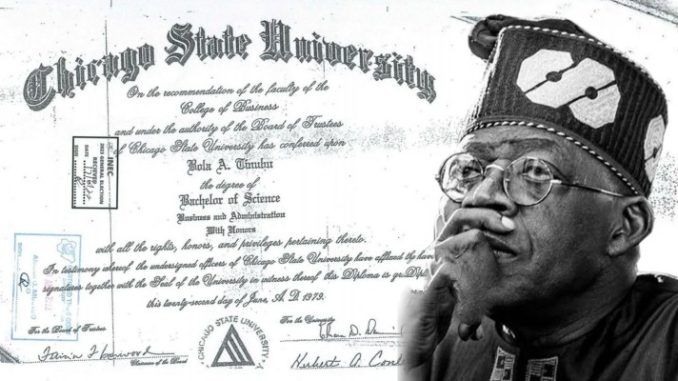
President Bola Tinubu has asked a court in the United States to enforce its previous order that allowed the Federal Bureau of Investigation (FBI) and Drug Enforcement Administration (DEA) to withhold some records that the agencies considered personal to the Nigerian president.
In a motion personally filed by Mr Tinubu himself on September 4, 2025, before the United States District Court for the District of Columbia, the Nigerian president, represented by his lead counsel, Wole Afolabi, and other attorneys, argued that pending Freedom of Information Act (FOIA) requests submitted by American activist Aaron Greenspan were aimed at exposing private information rather than shedding light on the conduct of government agencies.
The motion asked the court to enforce exemptions under the U.S. Privacy Act and FOIA Exemption 7(C), which protects individuals’ law enforcement records from disclosure if releasing them would constitute an unwarranted invasion of privacy.
Mr Tinubu’s lawyers said Mr Greenspan’s FOIA filings — which sought the “entire FBI file” on the Nigerian leader as well as DEA documents — were not aligned with the core purpose of FOIA, which is to illuminate government activities. Instead, they said, the activist was attempting to use the U.S. transparency law to influence political disputes in Nigeria.
“In conferring prior to filing this motion, Plaintiff asserted that the Court already resolved the issue of whether exempt records must be produced – despite not having heard from Intervenor,” Mr Tinubu’s attorneys said in their filing. “The Court appears to have chosen this language because the agencies can still assert exemptions to the production of records.”
In his response on Monday afternoon, Mr Greenspan asked the court to ignore Mr Tinubu’s plea, saying the Nigerian leader has been using his position to pursue opposition leaders and others critical of his administration.
Mr Tinubu’s legal team, however, insisted that his privacy rights remain intact even though he is a public figure. They cited past U.S. court precedents affirming that government officials, by virtue of their positions, do not surrender all rights to personal privacy.
The president’s lawyers further argued that Mr Greenspan’s interest in obtaining decades-old investigative files dating back to the early 1990s does not advance a legitimate public interest, but instead serves the activist’s for-profit website, PlainSite.org, which publishes records to drive online traffic.
“The Nigerian public’s interest in an individual is not a basis for a FOIA request,” the filing read, stressing that Mr Tinubu was not a public official at the time of the alleged events under scrutiny.
The court is yet to rule on Mr Tinubu’s motion.
Leave a Reply